Common Lawn Diseases in MinnesotaLawn diseases can be hard to identify, particularly if you're not aware of the symptoms. Recognizing the signs early can help you prevent more extensive damage to your lawn. Here is a list of the most common lawn diseases found in Minnesota.
How to PreventAt West Metro Lawn and Snow, we support a natural approach to correcting these common lawn diseases. This is because fungicide treatments kill both the bad and the good bacteria in your lawn, leaving your lawn far more susceptible for the fungal issues to reoccur in the future.
Here are a few of our top recommendations on how to help your turf fight back:
Every year in Minnesota, homeowners spend way too much time fighting a never-ending battle against annoying mosquitoes in their yard.
The team at West Metro Lawn & Snow is frequently asked “how can we deter all these mosquitoes?!” First and foremost, we always encourage our clients to sign up for our six-round Mosquito Control Program - which is a barrier spray treatment for mosquitoes (and ticks, too)! We have received awesome feedback about the success of this program! Beyond that, our top suggestions to our clients to fight against mosquitoes include the following: Eliminate Standing Water Did you know that standing water serves as the breeding ground for mosquitoes? We strongly encourage clients to take a look around their yard to find any standing water that may be hiding. Common locations for standing water include water bowls for pets, bird baths, and children’s pools and water tables. Eliminating standing water when possible will prevent female mosquitoes from laying their eggs. Maintain a Debris-Free Yard It is no secret that mosquitoes (and ticks) commonly hangout in tall grasses, untrimmed shrubs, woodpiles, and weeds. Ensuring that your grass is regularly cut, shrubs are appropriately trimmed, and weeds are treated during the green season will eliminate the favorite hangouts of those pesky mosquitoes! Clean Your Gutters This tip ties in very closely with the last two! Gutters that are full of twigs, leaves, dirt and other debris often turn into the perfect warm, wet habitat for mosquitoes. We often remind customers that clogged gutters equal standing water (and ultimately the perfect spot for female mosquitoes to lay eggs)! Keep your gutters clean and clear! Purchase Mosquito-Repelling Plants Lastly, some of our clients find it helpful to introduce mosquito-repelling plants into their yards and gardens. Some of the most commonly known mosquito-repelling plants include citronella grass, lavender, marigolds, basil, rosemary, and peppermint. These plants emit smells that mosquitoes simply do not like! Ultimately, this is another suggestion that may make your summer more peaceful this year. We hear the following complaint from new clients time and time again - “we recently built a home in the West Metro and the soil quality is so BAD!”
New construction projects frequently disrupt soil, resulting in compaction, nutrient depletion, and diminished water absorption. The use of heavy equipment and machinery during construction compresses soil particles, reducing pore space. Consequently, air, water, and nutrients struggle to penetrate the soil, hindering plant growth and adversely affecting plants and lawns. So, what can be done to address the poor soil quality at your new construction home? Several steps can be taken:
By taking these steps, you can significantly improve soil conditions in new construction areas, promoting healthier plant growth and a more sustainable landscape. Deciding between seeding and sodding your lawn depends on your specific needs and circumstances. Here are the main considerations for each method:
Seeding Advantages:
Sodding Advantages:
Choosing the Right Method
Ultimately, the choice between seeding and sodding depends on your priorities regarding cost, time, maintenance, and the specific conditions of your lawn. Landscape bed weeds are unwanted plants that grow within landscaped areas, such as flower beds, garden borders, or other cultivated areas. These pesky weeds can compete with desired plants for nutrients, water, and sunlight, and detract from the overall aesthetic appeal of the landscape. Common landscape bed weeds include broadleaf weeds like dandelions and plantain, grassy weeds like crabgrass, and various other invasive species.
Controlling your landscape bed weeds throughout the green season is vital! Not only can they affect the health of your desired plants, aesthetically impact your garden, and reduce your property’s value - they also harbor pests and disease. Furthermore, keeping weeds out of your landscape beds keeps them out of your lawn! Controlling these weeds often involves methods such as hand-pulling, mulching, herbicide application, or a combination of techniques. At West Metro Lawn & Snow, we offer a 4-Round Landscape Bed Weed Control Package. Round 1 is a Pre-Emergent Application (meaning that it kills weeds before they germinate). Rounds 2 through 4 are Post-Emergent Applications which kill on contact any weeds that may have already germinated before Round 1. Request an estimate online today! Japanese beetles are a highly invasive species of beetle native to Japan, as their name suggests. They were first discovered in the United States in 1916, having likely been introduced accidentally through imported plant material. Since then, they have become a significant pest in many parts of Minnesota.
Japanese beetles are known for their distinctive metallic green bodies with coppery-brown wing covers. These beetles feed on a wide variety of plants, both as adults and as larvae. As larvae, they are known as white grubs and live in the soil, feeding on grassroots, which can cause damage to lawns and agricultural crops. As adults, they feed on the foliage, flowers, and fruits of over 300 different plant species. Their feeding behavior can cause significant damage to plants, including skeletonizing leaves, defoliation, and ultimately weakening or killing the plant if infestations are severe enough. Controlling Japanese beetles can be challenging, as they have few natural predators in Minnesota and are highly mobile, capable of flying several miles in search of food and suitable egg-laying sites. Various methods are used to control Japanese beetles, including chemical pesticides, biological controls (such as predatory insects or pathogens), and cultural practices like handpicking beetles off plants. At West Metro Lawn & Snow, we offer two solid options to fight against this invasive species in your yard. Our Grub Control application kills Japanese beetles in their larvae state and our Mosquito Control Program kills adult Japanese beetles. Request an estimate online today! As we approach Core Aeration and Overseeding season, we want to take this opportunity to educate our clients and potential clients on seed - and why good seed costs more! West Metro Lawn & Snow always urges others to read the label on their seed bag - because not all grass seed is created equal!
Below, let's compare a Contractors Mix from Menards versus the seed that West Metro Lawn & Snow uses. Menards Seed: Contractors Mix
West Metro Lawn & Snow's Seed
In the world of gardening, mulch often takes center stage as a secret weapon, quietly working its magic beneath the surface. While its role may seem modest, the benefits of mulch extend far beyond mere aesthetics. Let's delve into the depths of this humble garden essential and uncover its myriad advantages.
Often overlooked and usually never explained but Cycle and Soak is the best way to achieve a deep watering while preventing your money from going down the drain. This method is very common down in Southern states like Arizona where water is sparse and every drop counts. The process is to water until saturation and then let it soak in before adding more water. Think about it, hard rains usually just run off while long all day rains will green up your lawn overnight. We are looking to replicate the latter of the two.
Some higher end controllers will have cycle and soak as an option on the dial. If that is the case set the "Cycle" to 15 min and the "Soak" to 10 min. If your run time is set to 30 min it will run that zone twice. 40 min will run the zone 3 times. (15, 15, 10) You will find that it will take less water this way as more of it will actually stay in your soil. This process is the same no matter the brand of controller and is a "Poor Man's" way of achieving Cycle and Soak. Keep your "Run times the same but add an additional start time. You can then use the seasonal adjust to achieve the desired overall run time.
Some of the most common weeds found in Minnesota lawns include:
|
Details
Chris HalvorsonArchives
July 2024
Categories
All
|















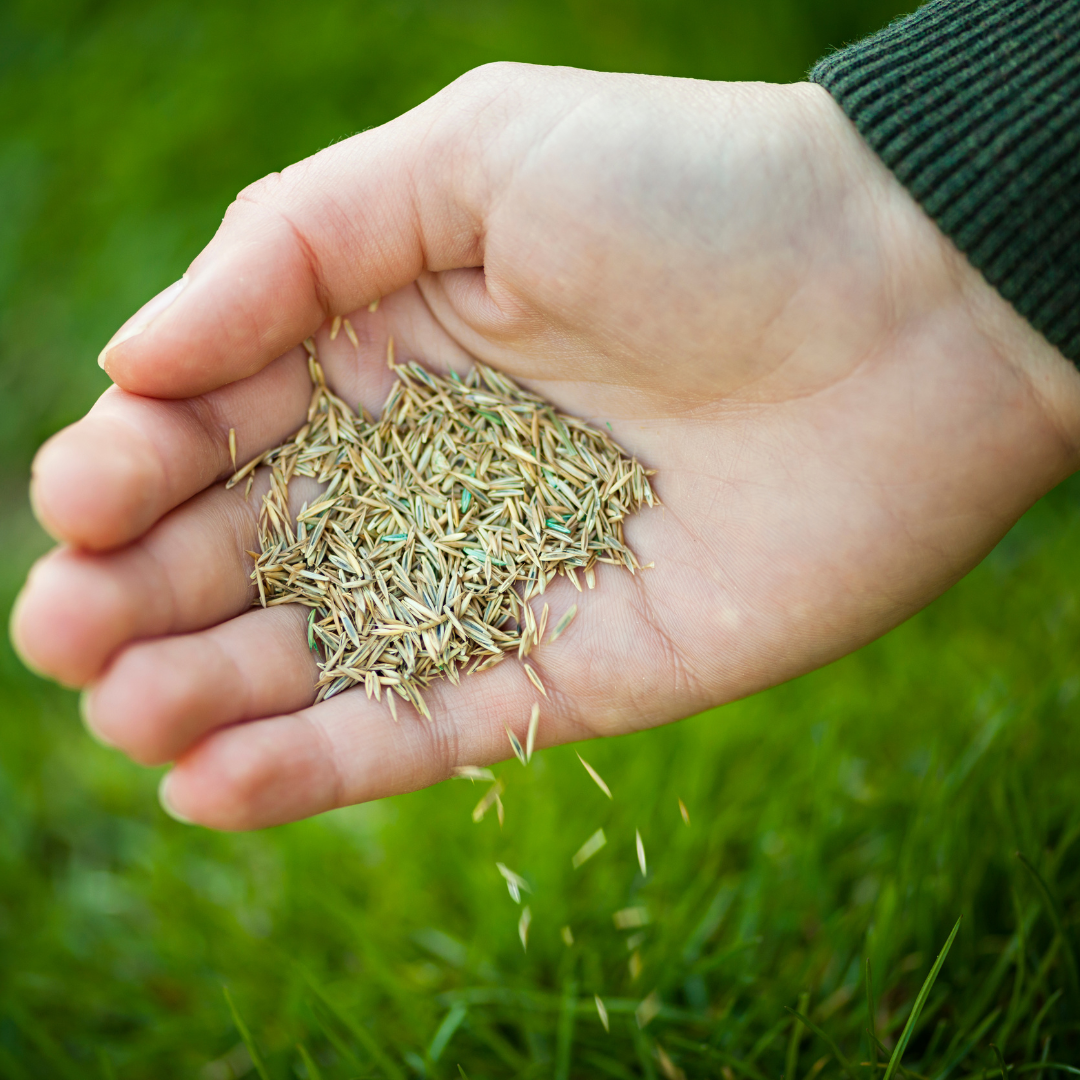
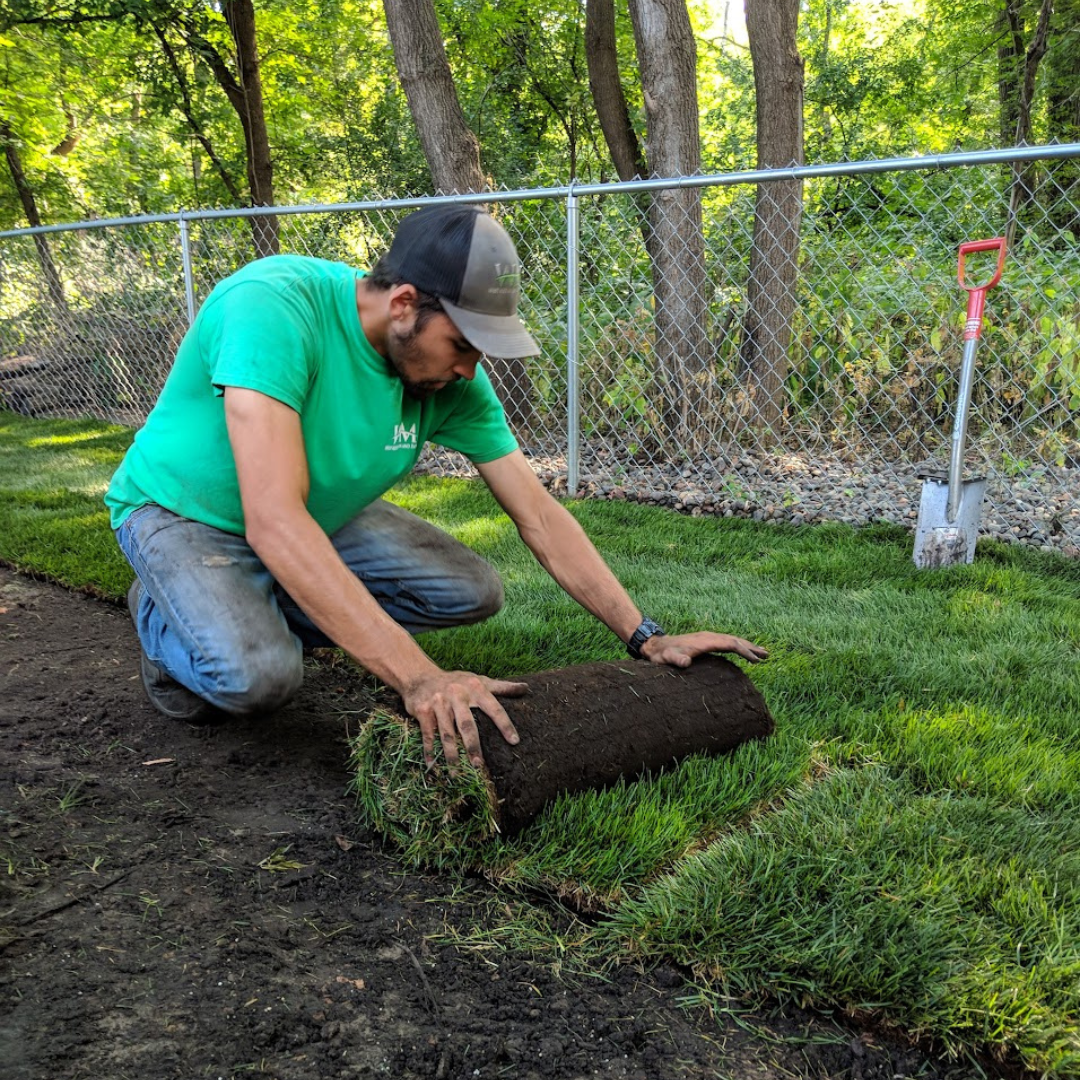


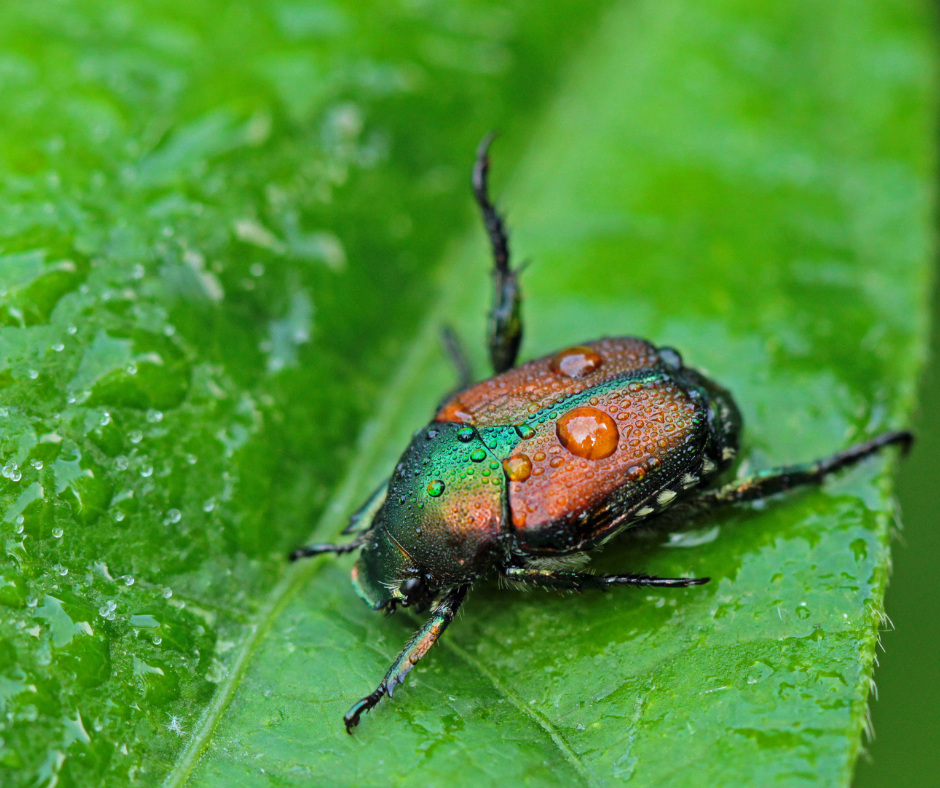
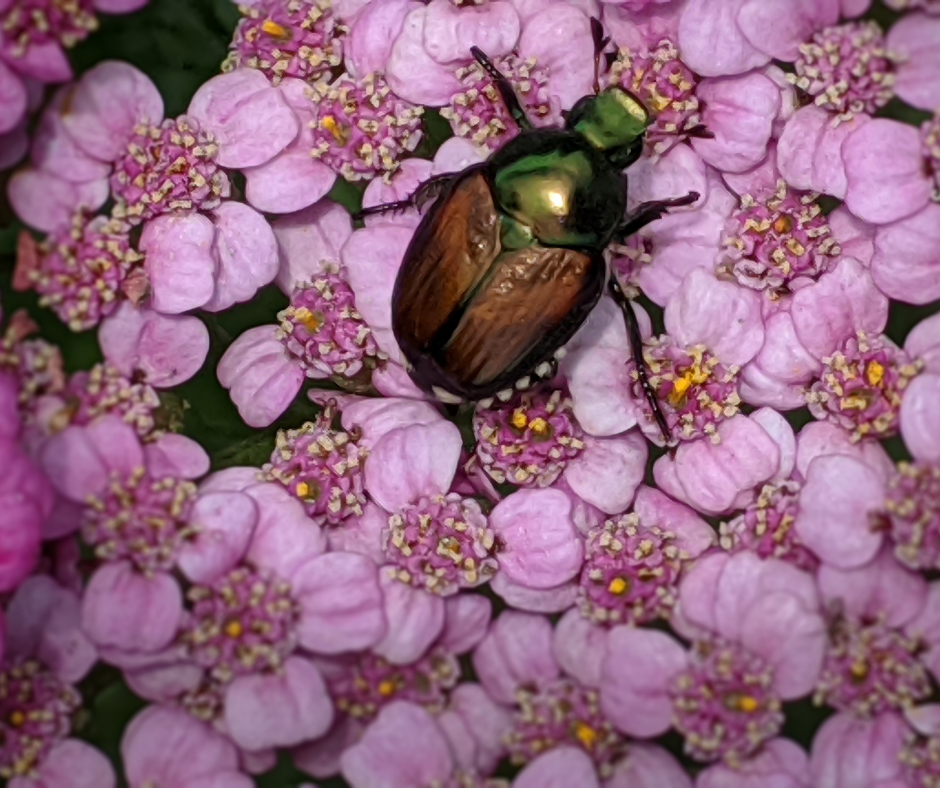
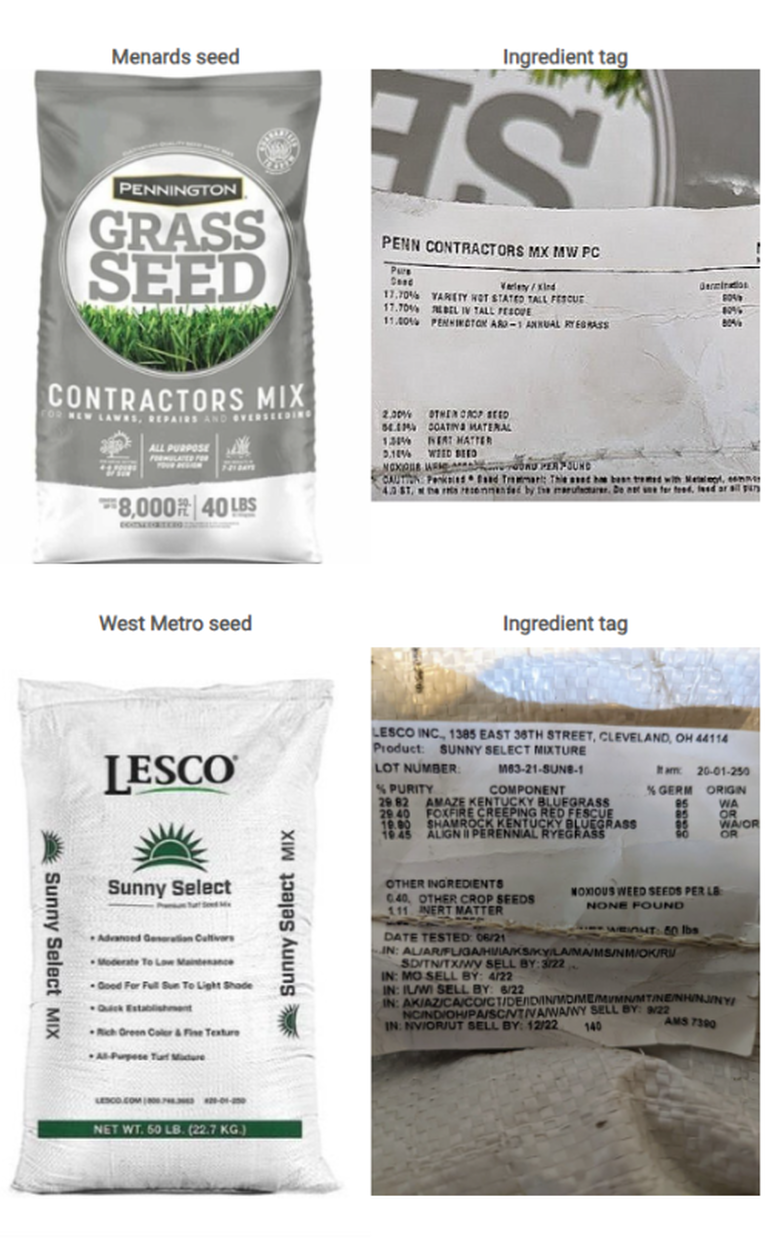
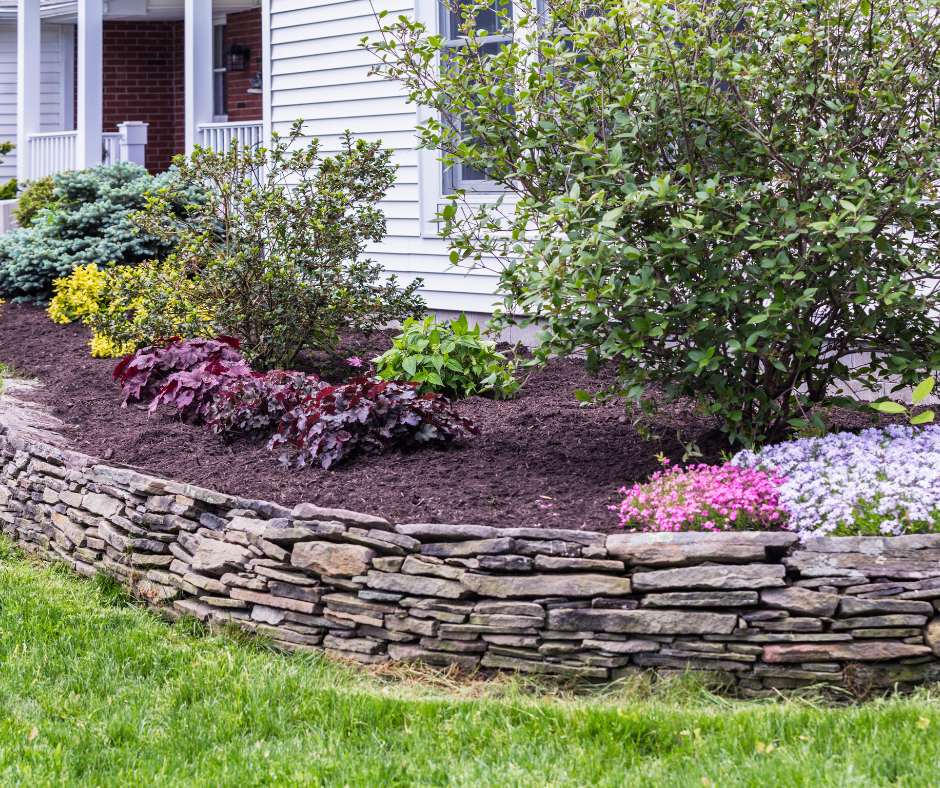

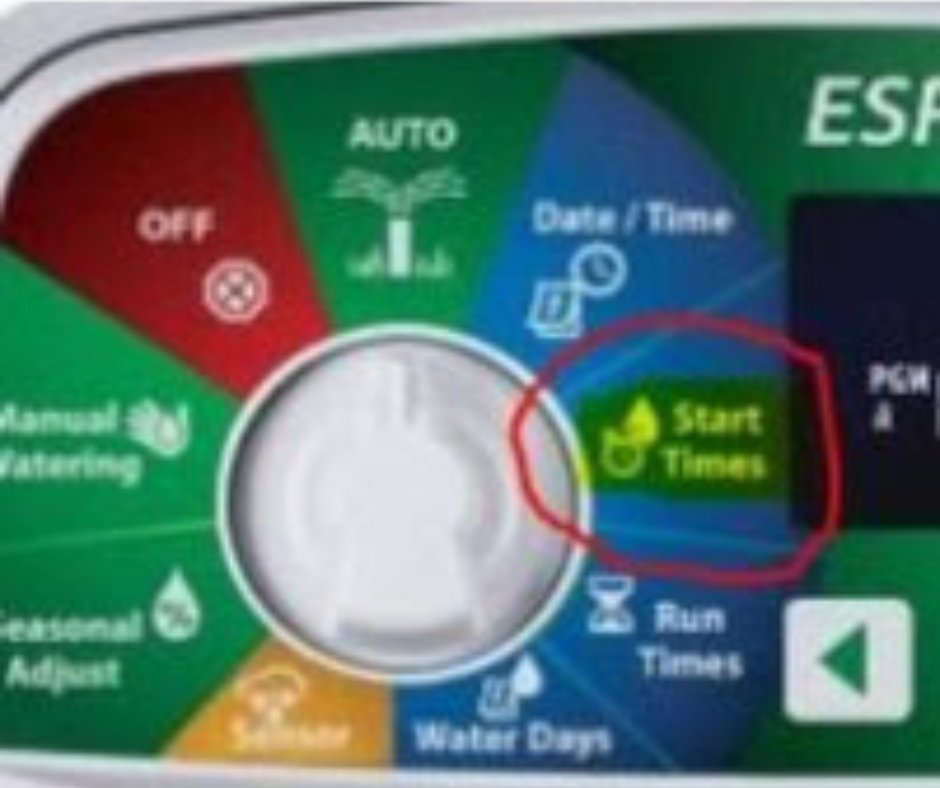
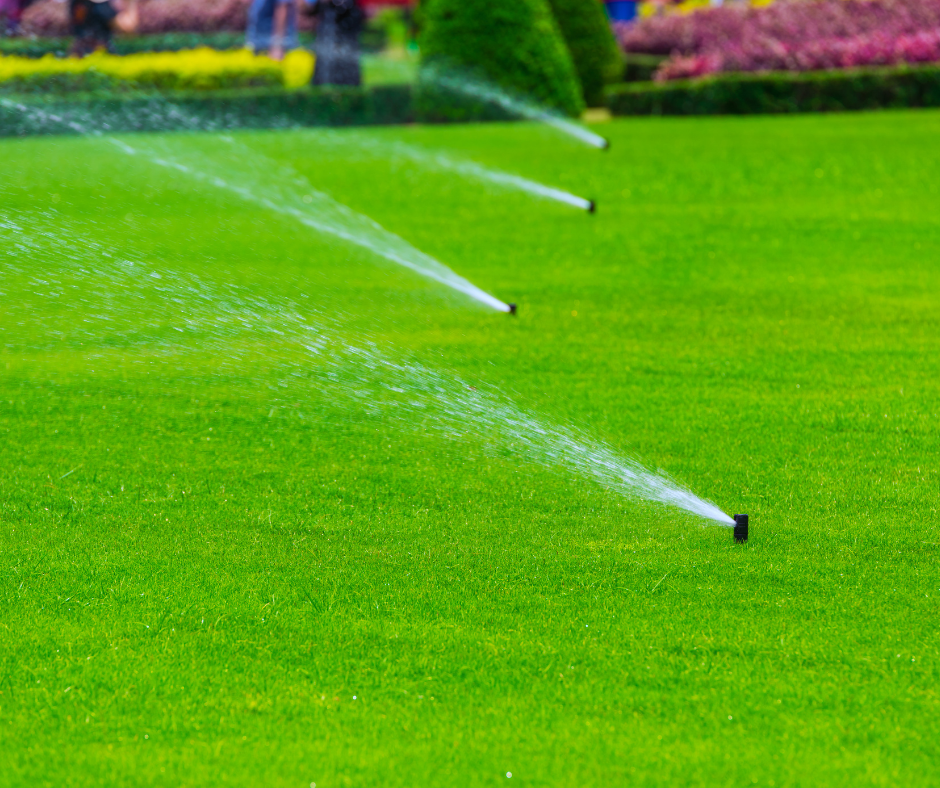
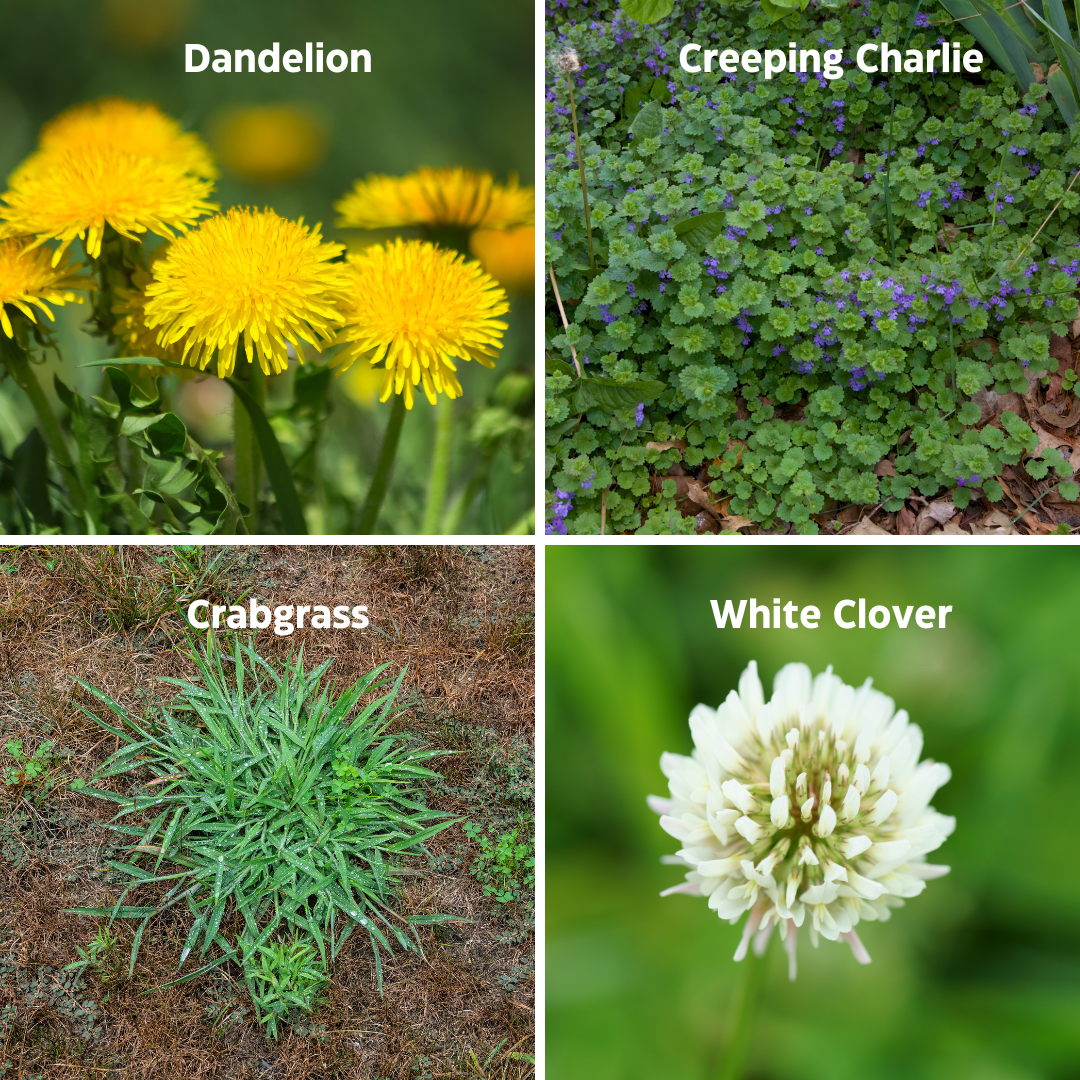
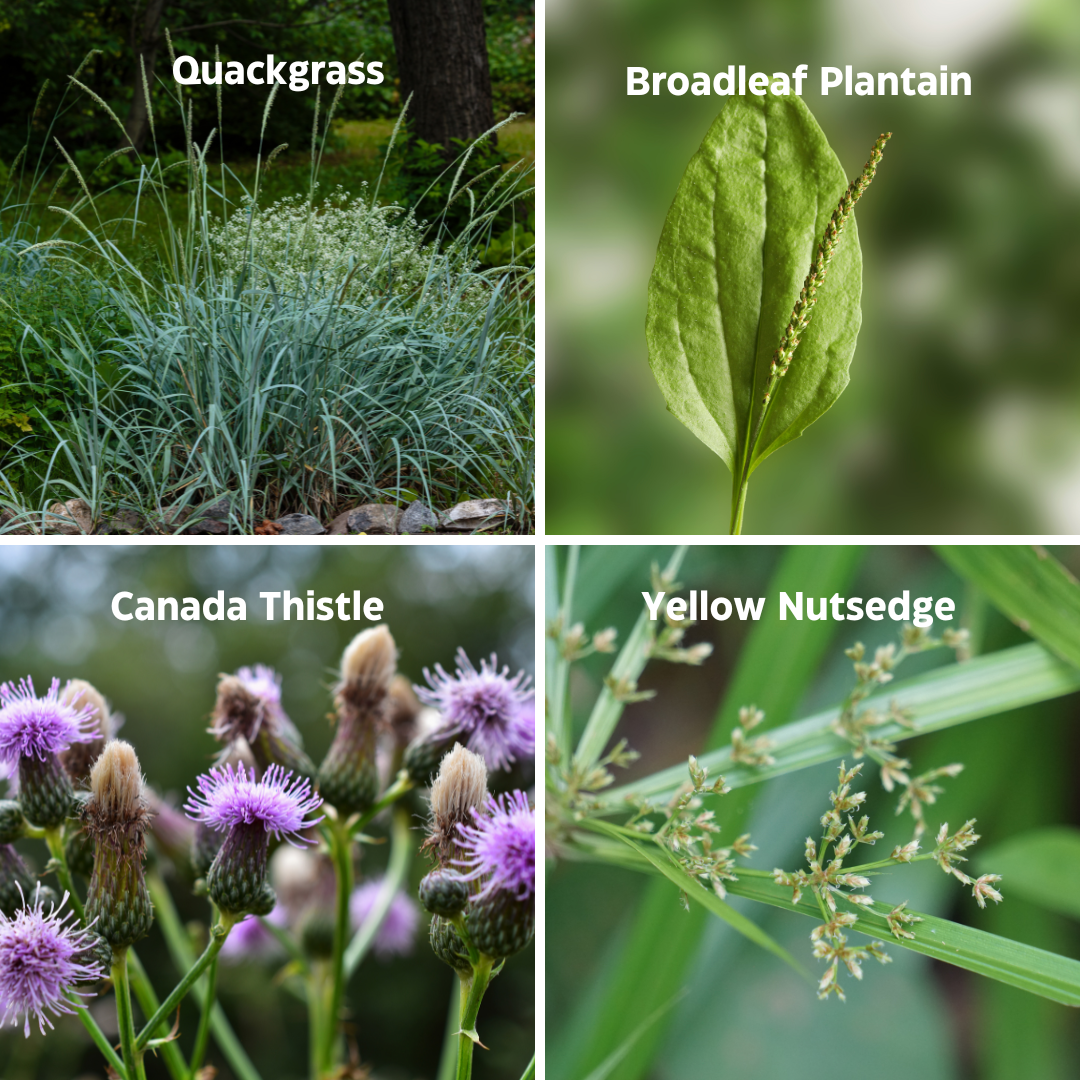
 RSS Feed
RSS Feed


